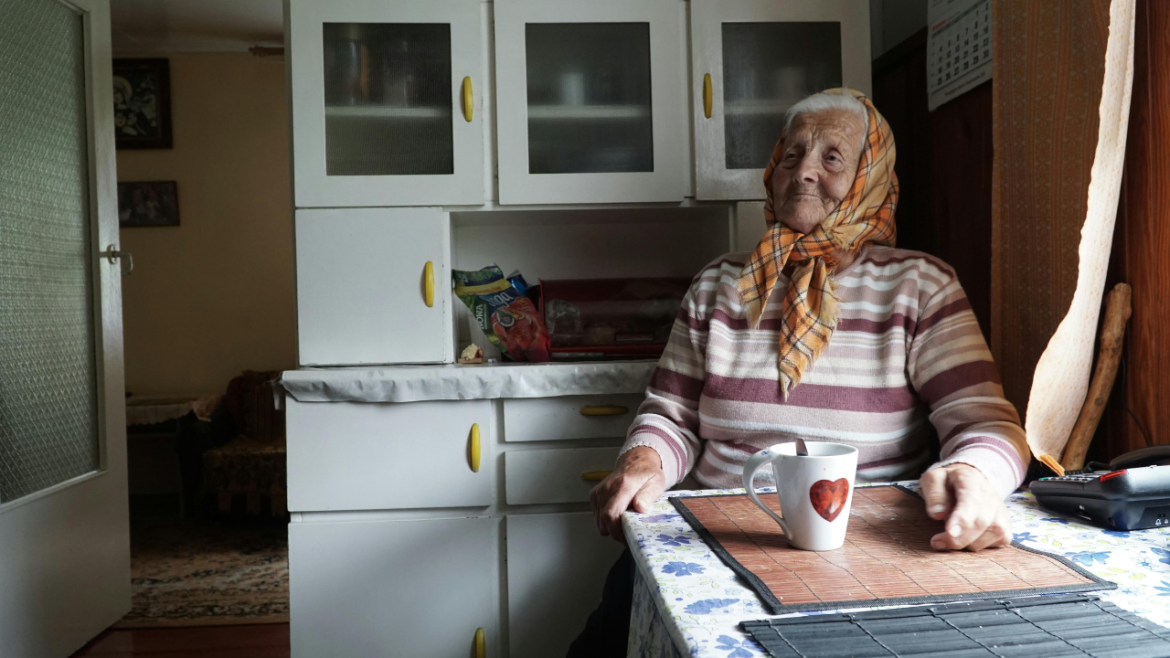What Is Post-Operative Cognitive Decline?
Did you know that Leading Edge Senior Care has a Dementia Support Group? We meet monthly in Mesa. For more details <click here>
What Is Post-Operative Cognitive Decline?
Post-operative cognitive decline (POCD) is a condition that affects many seniors after surgery. This condition is characterized by a decline in cognitive function following surgery, which may include memory problems, difficulty concentrating, and other issues related to thinking and reasoning.
POCD can be temporary or, in some cases, long-lasting, impacting the quality of life for seniors. It’s important to recognize the signs of POCD and understand the factors that may contribute to its development.
Causes and Risk Factors
The exact cause of POCD is not fully understood, but several factors are believed to contribute. Anesthesia is often cited as a possible cause, particularly in older adults whose brains may be more vulnerable. Additionally, the stress of surgery, pre-existing cognitive impairment, and the body’s inflammatory response can all play a role in the development of POCD.
Seniors with underlying health conditions such as cardiovascular disease or diabetes are at higher risk, as these conditions can affect blood flow and oxygen delivery to the brain during and after surgery.
Recognizing the Symptoms
Recognizing POCD early is crucial for managing its effects. Symptoms may include confusion, difficulty concentrating, and memory loss, which can range from mild to severe. Seniors may struggle with tasks that were once easy, like managing finances or remembering appointments.
It’s essential for caregivers and family members to monitor cognitive changes following surgery and report them to healthcare providers. Early intervention can help mitigate the impact of POCD and improve the senior’s recovery process.
Managing POCD
Managing POCD involves a combination of medical treatment and supportive care. In some cases, cognitive rehabilitation therapies can help improve mental function. These therapies may include exercises designed to strengthen memory, attention, and problem-solving skills.
Additionally, managing underlying health conditions is critical to reducing the risk of further cognitive decline. Regular follow-up appointments with healthcare providers are essential to monitor progress and adjust treatment plans as needed.
Preventing Post-Operative Cognitive Decline
Preventing POCD is a significant concern for both healthcare providers and patients. While it may not be entirely avoidable, certain strategies can reduce the risk. Pre-surgery cognitive assessments can help identify individuals at higher risk, allowing for tailored anesthetic plans and surgical approaches.
Maintaining good overall health, including managing chronic conditions and staying mentally active, can also play a role in prevention. Post-operative care should include monitoring for cognitive changes and providing the necessary support to address any issues that arise.
Emotional Impact on Seniors and Their Families
The emotional impact of POCD on seniors and their families can be profound. For seniors, the loss of cognitive function can lead to feelings of frustration, fear, and helplessness. It can also increase the risk of depression and anxiety. Families may also struggle with the changes in their loved one’s behavior and abilities, leading to stress and uncertainty about the future.
Providing emotional support and understanding is essential during this challenging time. Counseling and support groups can offer valuable resources for both seniors and their families.
Conclusion
Post-operative cognitive decline is a significant concern for seniors undergoing surgery. While the condition can be challenging, understanding the risks, recognizing the symptoms, and taking steps to manage and prevent POCD can make a difference in the lives of those affected.
With the right support and care, seniors can recover more effectively from surgery and maintain their quality of life. Family members and caregivers play a crucial role in this process, providing the emotional and practical support needed to navigate the challenges of POCD.

